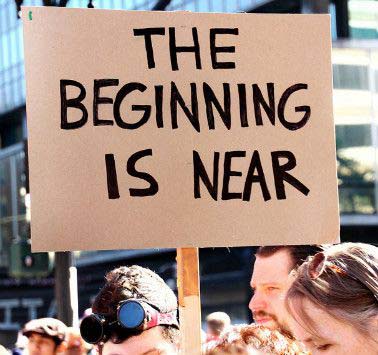Hope for Uncertain Times: the Deep Self & Major Life Transitions

Yes, hope, and specifically “hope for uncertain times” is again a very relevant topic, given the financial uncertainty and overall social churn 2016 has so far exhibited.
Economic fluctuation, chaos and dysfunction seem to flood the news media, and sometimes seem to crowd out hope-giving and empowering messages. Often, these larger scale events seem to combine with personal issues and personal life transitions, such as divorce, changes in employment status, health issues, issues with children, loss of loved ones, and a myriad of others, which can be matters of very major importance to those undergoing them.
Depth case studies has a different concept of personal identity, which is based on the wholeness of the individual, both conscious and unconscious, as the slide show below explains:
Is there any way that this broader concept of the self can help us in facing the challenges of current day existence, and finding hope for uncertain times like these?

Psychological Resilience in Major Life Transitions
One of the best sources of psychological resilience is a sense of security in a rooted sense of identity. But there is the problem, because undergoing a major life transition may lead us to a crisis of identity. A social role, or a certain understanding of ourselves, as family member, parent, employee, member of a certain community may be brought into question by a life transition.
Example: Jan, a native of Halifax, has had to move 4 times in the last 12 years, in order to keep the job she has with a trans-national corporation. These jobs have taken her to 4 countries on 3 continents. “Every time I put down roots, and start to get comfortable, it’s time to pull up stakes and move again! I just start to know some of the parents at my kids’ schools — and then it’s time to go.” In the midst of these job changes, Jan retains a certain continuity as an employee, but she never gets to feel a real sense of attachment to a community, or have a circle of permanent friends.
One question that Jan’s situation poses is, what is my real identity? Also, where do I really belong? Jan is fully aware that her identity does not consist in the connection to the particular community that she’s living in.
The unconscious mind is continually seeking to put before us symbols and indicators of our real identity and the things that we most richly value, through our dreams, our reactions to other people, our unconscious responses to situations, and in still other ways. An important part of the work of /a-midlife-transition is to make the individual aware of these indicators, and to help him or her to become grounded in them.
Hope in Our Uncertainty
The conscious mind is subject to continual shifts in the chances and changes of our uncertain situation. Very often, it’s overwhelmed by the sheer volume of the demands and the complexities of life in our uncertain time. The instinctual and intuitive side of our being brings us into contact with a whole other dimension of ourselves, grounding us in parts of our inner reality that often go beyond our language and the reasoning parts of the psyche.
Sticking with What Matters
A key part of our journey is finding out what really matters to us as individuals, and living it out. Another important element is responding to life situations in a way that accords with our deepest selves. Both of these things are connected with having hope for uncertain times, and are rooted in the essential aims of /a-midlife-transition.
Brian Collinson, Registered Psychotherapist & Jungian Analyst
[cta]

